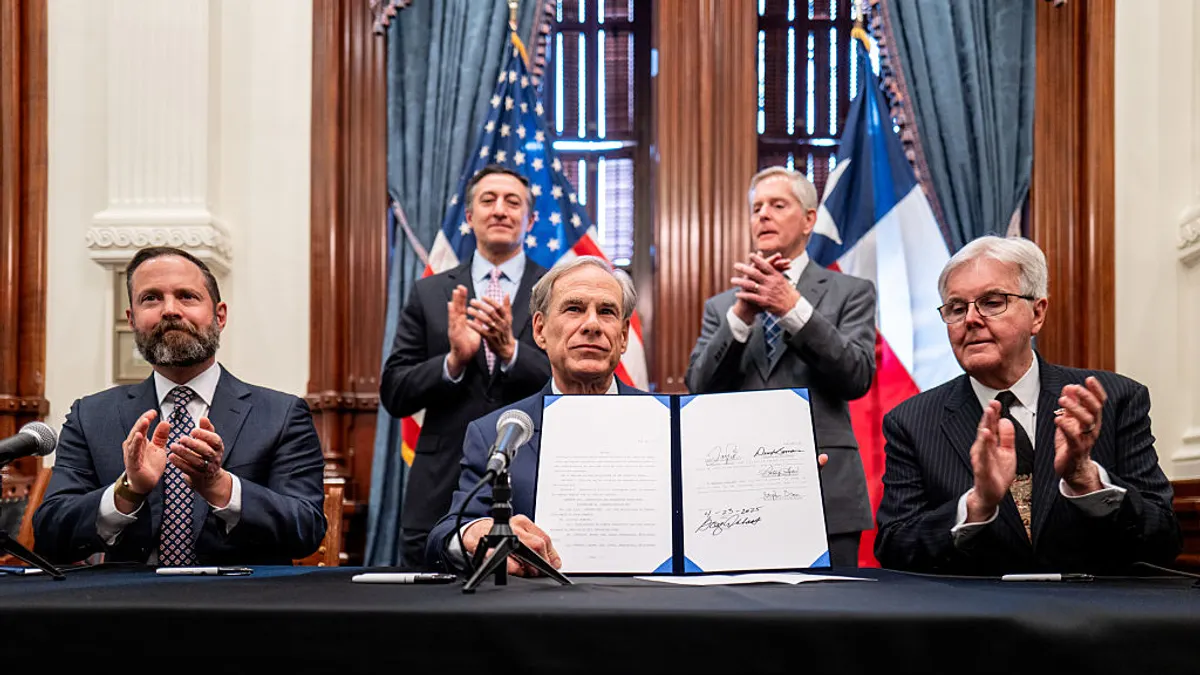Don't miss tomorrow's food industry news
An article from 
Dive Brief
Industry experts note some naturally derived ingredients would also require disclosures, leading to consumer confusion.
Published June 24, 2025

This audio is auto-generated. Please let us know if you have feedback.
Dive Insight:
The Texas law ramps up the pressure on food companies to remove artificial dyes and additives, part of a "Make America Healthy Again" movement championed by Health and Human Services Secretary Robert F. Kennedy Jr.
Kennedy has asked the food industry to voluntarily remove artificial colors from their products by the end of 2026, with major companies from Kraft Heinz to PepsiCo signalling they intend to comply. Other states have gone further, with West Virginia outright banning the sale of food products containing seven artificial dyes.
The food industry said the ingredients included in the Texas law have been rigorously studied for safety, warning that the labels are unnecessary and could increase costs for manufacturers. In some cases, the state law applies to additives that are not banned in other countries and considered a naturally derived ingredient. This could cause further consumer confusion, industry experts warn.
For example, the Texas law would require warnings if products contain ficin, a natural extract derived from the fig tree that's used in cheesemaking and meat production. Sodium hydroxide, an essential ingredient in the pretzel-making process, is also approved for use around the world but included in the Texas bill.
Christina Barsa, vice president of biotech company Enzyme Development Corporation, said in a LinkedIn post that the law could "mislead consumers and provide inaccurate information."
"As it stands, this legislation could cause unnecessary confusion and distrust without truly achieving its goal of transparency," she wrote.











